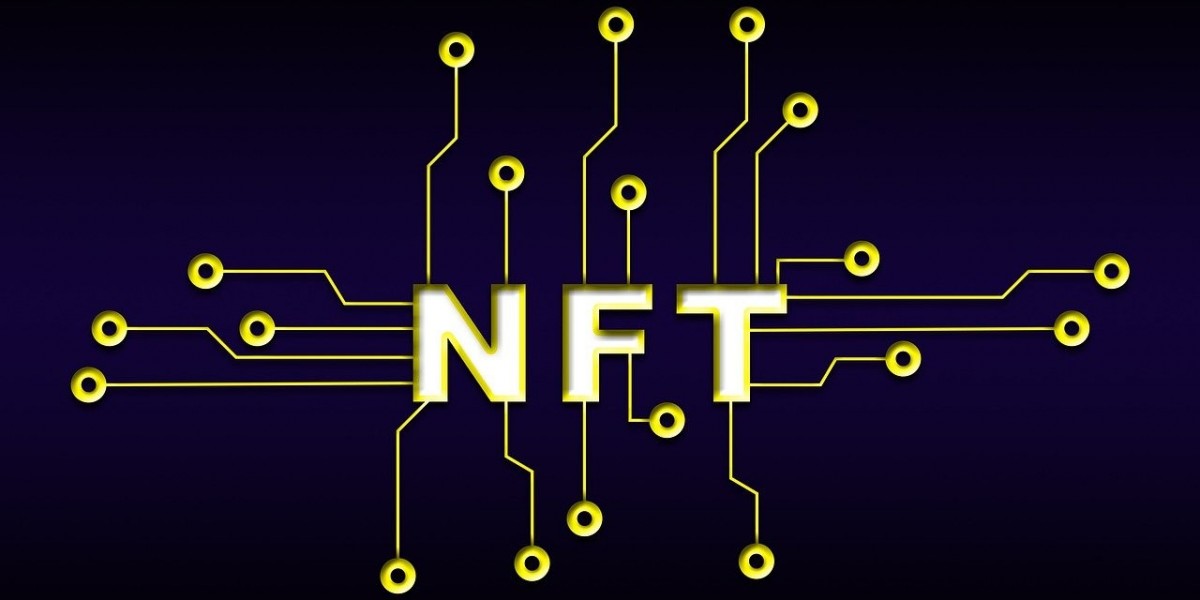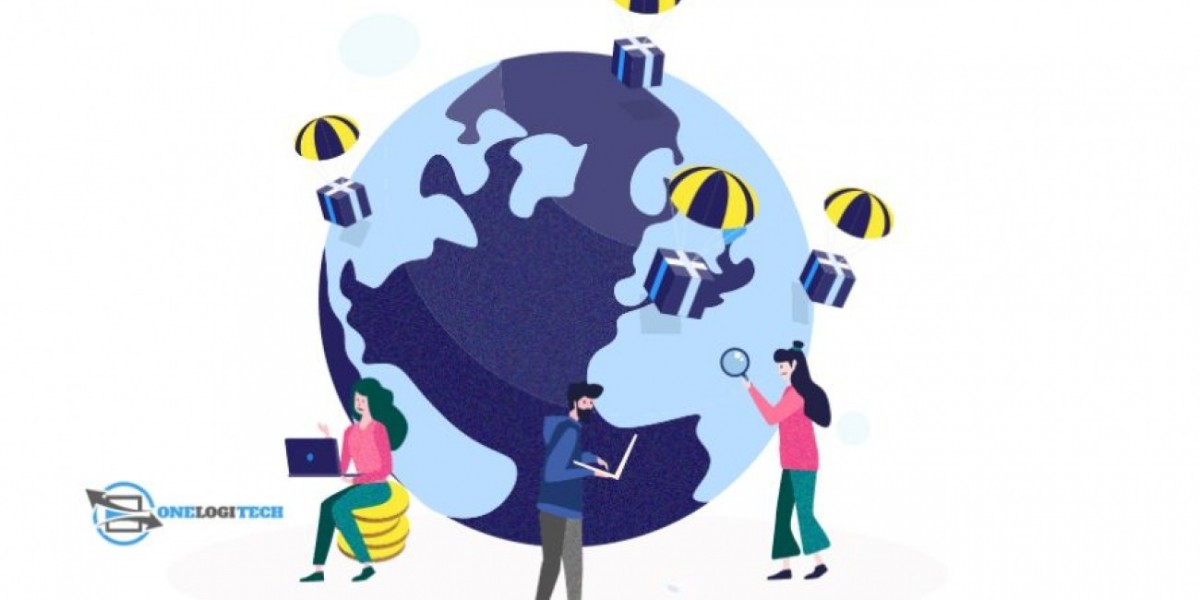The digital asset landscape is rapidly evolving, and at the forefront of this revolution are Non-Fungible Tokens (NFTs). These unique digital assets have transformed how we perceive ownership and trade of digital goods. As the demand for NFTs continues to grow, so does the need for robust and user-friendly NFT marketplaces. In this blog, we'll explore the essential services required for developing an NFT marketplace and how they can shape the future of digital transactions.
Custom NFT Marketplace Development
Creating a custom NFT marketplace offers complete control over the user experience. It's not just about facilitating transactions; it's about crafting a platform that resonates with your brand's identity and values. A custom marketplace should offer a seamless interface, robust security, and a variety of features to cater to both creators and collectors.
Expertise in Blockchain Technology
The backbone of any NFT marketplace is blockchain technology. Partnering with a development service that boasts top-tier expertise in blockchain protocols, such as Solidity, Web3.js, and Golang, is crucial. These technologies ensure that your marketplace is built on a secure, decentralized platform that can handle the intricacies of NFT transactions.
Smart Contract Development and Audit
Smart contracts are the rules that govern the creation, sale, and transfer of NFTs. They must be meticulously crafted to prevent any loopholes that could be exploited. Development services should provide thorough smart contract auditing to ensure the integrity and security of every transaction.
NFT Metaverse Marketplace Development
The metaverse is an expansive virtual space where users can interact with digital environments and assets. An NFT metaverse marketplace brings together a community of NFT enthusiasts, allowing them to trade avatars, digital land, and in-game assets. This interoperable platform can connect various metaverse projects, creating a vast network of digital goods.
Industry-Specific NFT Development
NFTs aren't limited to digital art; they can revolutionize several industries by digitizing assets like music, real estate, fashion, and finance. For instance, musicians can tokenize their tracks, real estate can be fractionally owned, and fashion brands can authenticate limited-edition collectibles. Each industry can benefit from tailored NFT solutions that address their unique needs.
NFTs for Brand Engagement and Certification
NFTs can also serve as a tool for brand engagement, allowing companies to offer exclusive content and experiences to their customers. They can act as certificates, granting access to events or unlocking special offerings. This not only increases the value of the NFTs but also fosters a deeper connection between brands and their communities.
Integration with Existing Platforms
For businesses with existing digital platforms, integrating an NFT marketplace can add a new layer of value. It keeps the platform innovative and allows users to engage with NFTs without leaving the familiar environment. Custom-built integrations ensure that the marketplace aligns with the platform's existing features and user experience.
Conclusion
NFT marketplace development services are the gateway to a new era of digital asset management and trade. By focusing on user experience, blockchain expertise, smart contract security, and industry-specific solutions, businesses can create marketplaces that not only meet the current demand but also pave the way for future innovations. As we continue to explore the potential of NFTs, the development of these marketplaces will play a pivotal role in shaping the digital economy.



